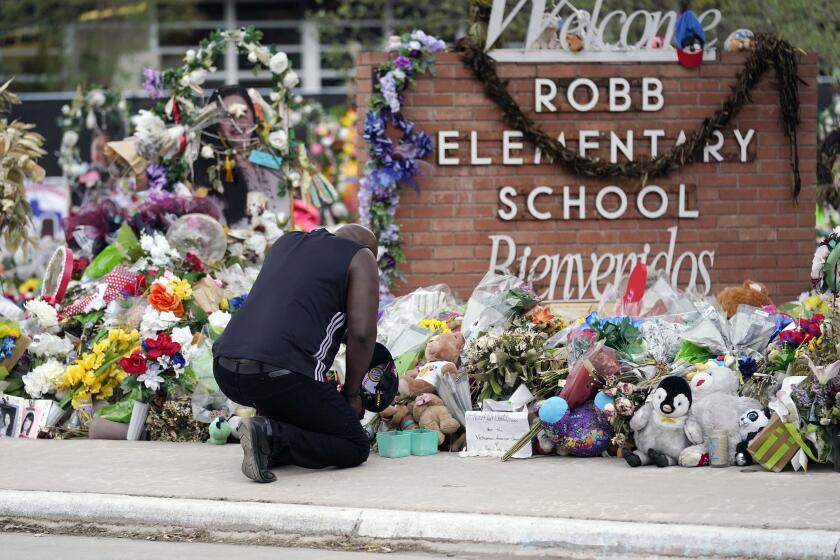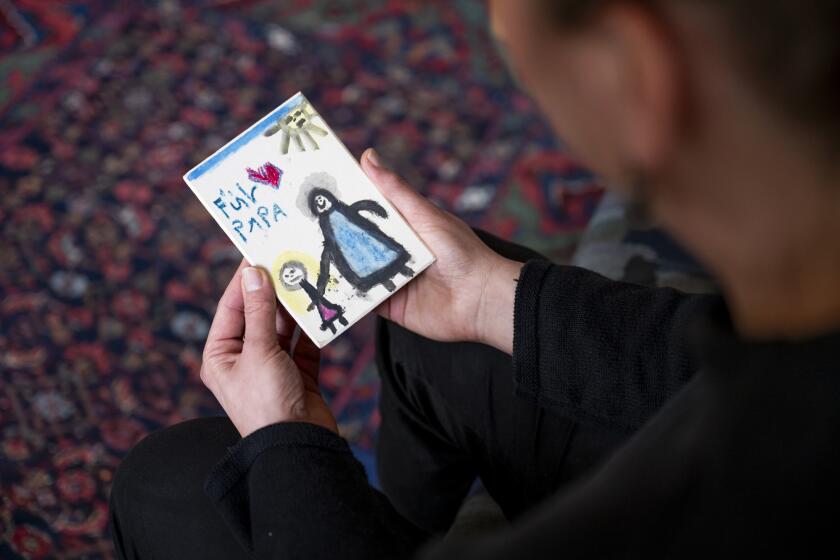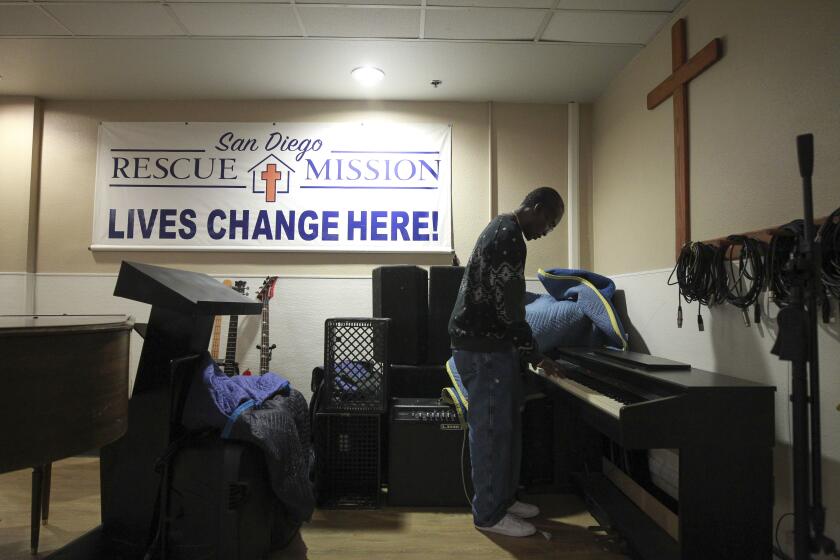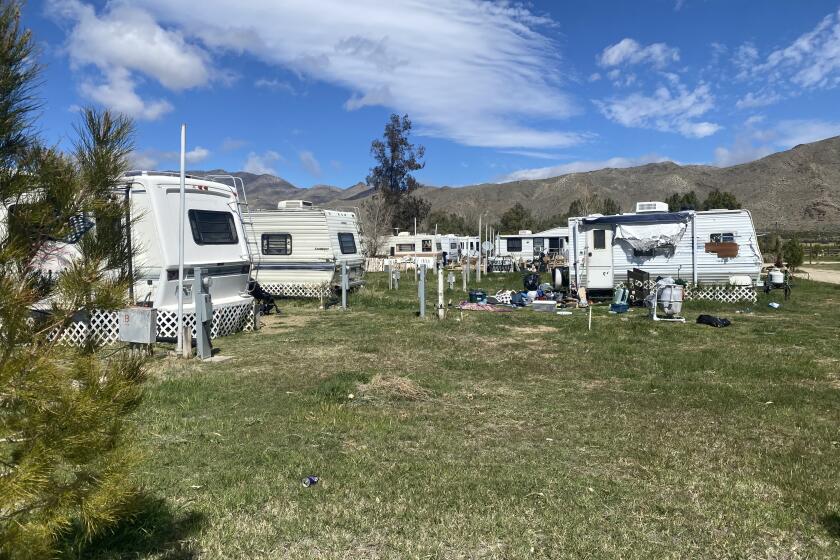Opinion: If raising the age limit to buy guns will prevent mass shootings, where’s the data?
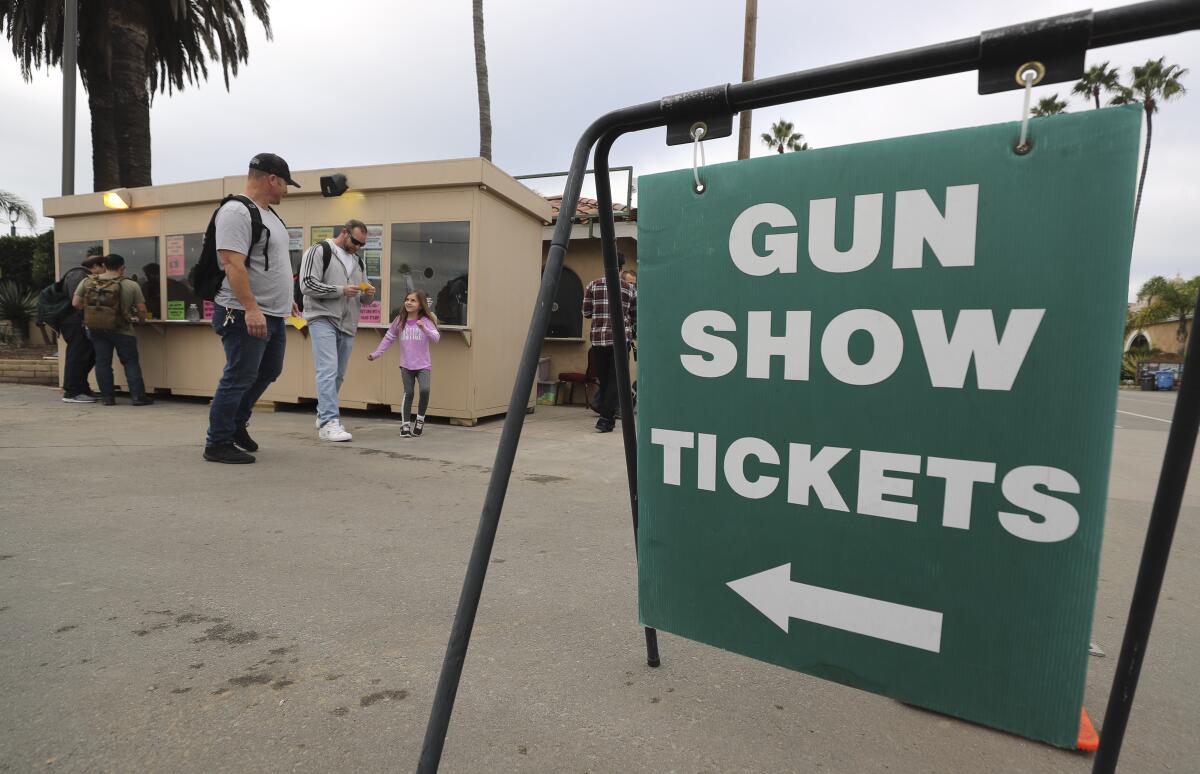
Laws that strip young adults of their rights are not only wrong and ineffective but morally reprehensible.
Dillon is the lead attorney at Dillon Law Group APC in Carlsbad, which focuses on Second Amendment litigation. He lives in Fallbrook.
Recently, President Biden signed gun control legislation in response to the mass shootings in Uvalde, Texas, and Buffalo, New York. Among the legislative restrictions is the addition of a juvenile records check in the current background check system for adults ages 18 to 20. The legislation also extends the time — from three days to 10 days — for the National Instant Criminal Background Check System (NICS) to respond to a background request for those 18 to 20.
Massacres last month in Texas and New York have led to a spike in interest in gun reforms and in guns’ place in U.S. history. Here, the county district attorney details her efforts to keep schools safe; a Second Amendment supporter challenges what he sees as gun myths; and a local writer details the inadequacy of a new law signed by President Biden.
These newest restrictions targeting young adults are a problem, but more concerning is that they are the continuation of a recent trend in various jurisdictions to unconstitutionally set apart a subset of adults into a category “more likely to commit crime” or “more dangerous” — and thus, worthy of extreme government oversight and prohibitions not applicable to other adult groups.
This new categorization of an entire group of people as “dangerous” should concern everyone. History dictates that we should never allow the government to apply broad generalizations about entire groups of people. For example, firearms regulation in Colonial America summarily disarmed law-abiding slaves, free Blacks and Native Americans, for “reasons of public safety.” Or consider the Japanese internment camps during World War II. The countless other examples of governmental abuse in other countries could fill a library of books. Yet, if you are one of those who support additional restrictions on young adults, this is the premise you are supporting — the government may summarily label entire groups of people as “dangerous” based on generalized characteristics.
California prohibits law-abiding adults from purchasing semiautomatic centerfire rifles and handguns. California also prohibits young adults from purchasing all other firearms unless the individual takes a hunter safety course and obtains a hunting license. Does it matter that the young adult has no interest in hunting? Not to California. Why? Because in California, young adults are dangerous, immature and impulsive, unless, of course, they learn the state’s hunting regulations.
Legally speaking, the Second Amendment confirms that the “right to possess and carry weapons in case of confrontation” presumptively “belongs to all Americans,” and not “an unspecified subset,” per the decision by the U.S. Supreme Court in the 2008 case District of Columbia v. Heller. The recent Supreme Court decision on New York’s concealed carry laws also affirms this notion. Upon reaching the age of 18, an individual is deemed an adult for almost all purposes. By law, such individuals are allowed by law to vote, enter into contracts and get married. At age 18, they become eligible to serve or be conscripted into the military — to fight and die for our country. Unquestionably, adults ages 18 to 20 enjoy the same rights as any other adults without conditions or qualifications.
You’ll hear that additional age restrictions will prevent horrific mass shootings. However, the data does not support this notion.
Proponents assert that young adults need additional firearms restrictions because their brain isn’t fully developed until age 21. But anyone making such a claim has not read the actual research. In fact, the science often relied on by this argument’s proponents shows that the brain continues to develop well beyond age 21. But it does not mean that adults ages 18 to 20 are significantly more dangerous than other adults. And, frankly, if you really believe that a young adult’s brain is too underdeveloped to be able to lawfully use a firearm in self-defense, you should also demand that the minimum age to enter the military be 21. If you believe adults can be sent across the world to fight, kill and even die for their country at 18, you must conclude that this same age group can keep and bear arms for self-defense.
As a factual matter, the average age of mass shooters is 33 years old. And the average age of school shooters between 2008 and 2018 was 16 years. Thus, actual data does not support differentiating those 18 to 20 from individuals in neighboring age groups.
Importantly, even if it were true that young adults disproportionately contributed to gun violence when compared to their age groups, that alone could not be sufficient to block the entire population of young adults from exercising their Second Amendment rights. Only a tiny fraction of young adults engage in criminal violence. FBI and Census Bureau data report that only one-quarter of 1 percent of 18- to 20-year-olds were arrested for violent crimes in 2019.
Nothing is more gut-wrenching than seeing what happened at Uvalde or Sandy Hook. That said, laws that strip young adults of their rights are not only wrong and ineffective but morally reprehensible. And stripping them of their rights because “we must do something” is not any justification at all.
Get Weekend Opinion on Sundays and Reader Opinion on Mondays
Editorials, commentary and more delivered Sunday morning, and Reader Reaction on Mondays.
You may occasionally receive promotional content from the San Diego Union-Tribune.
